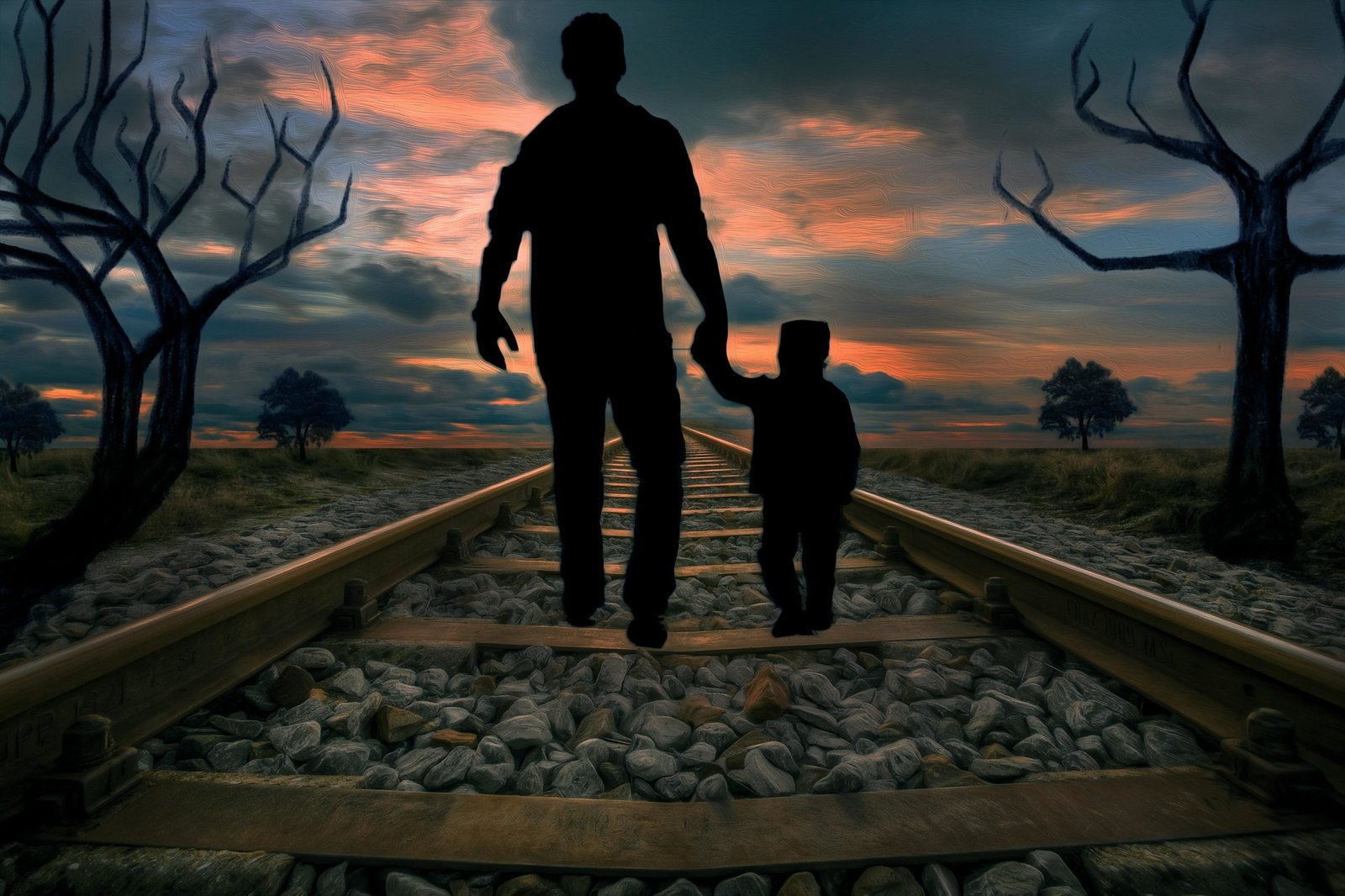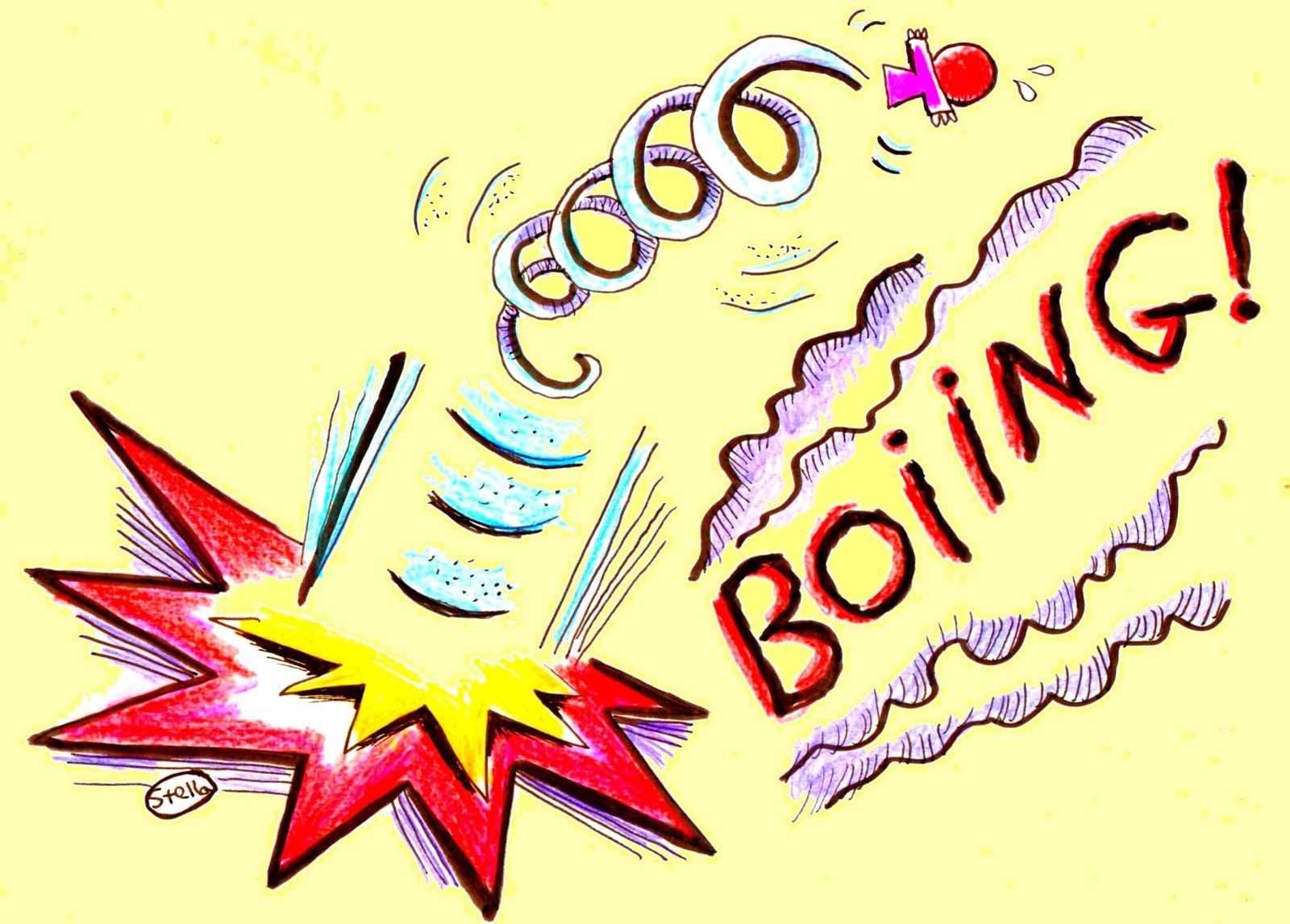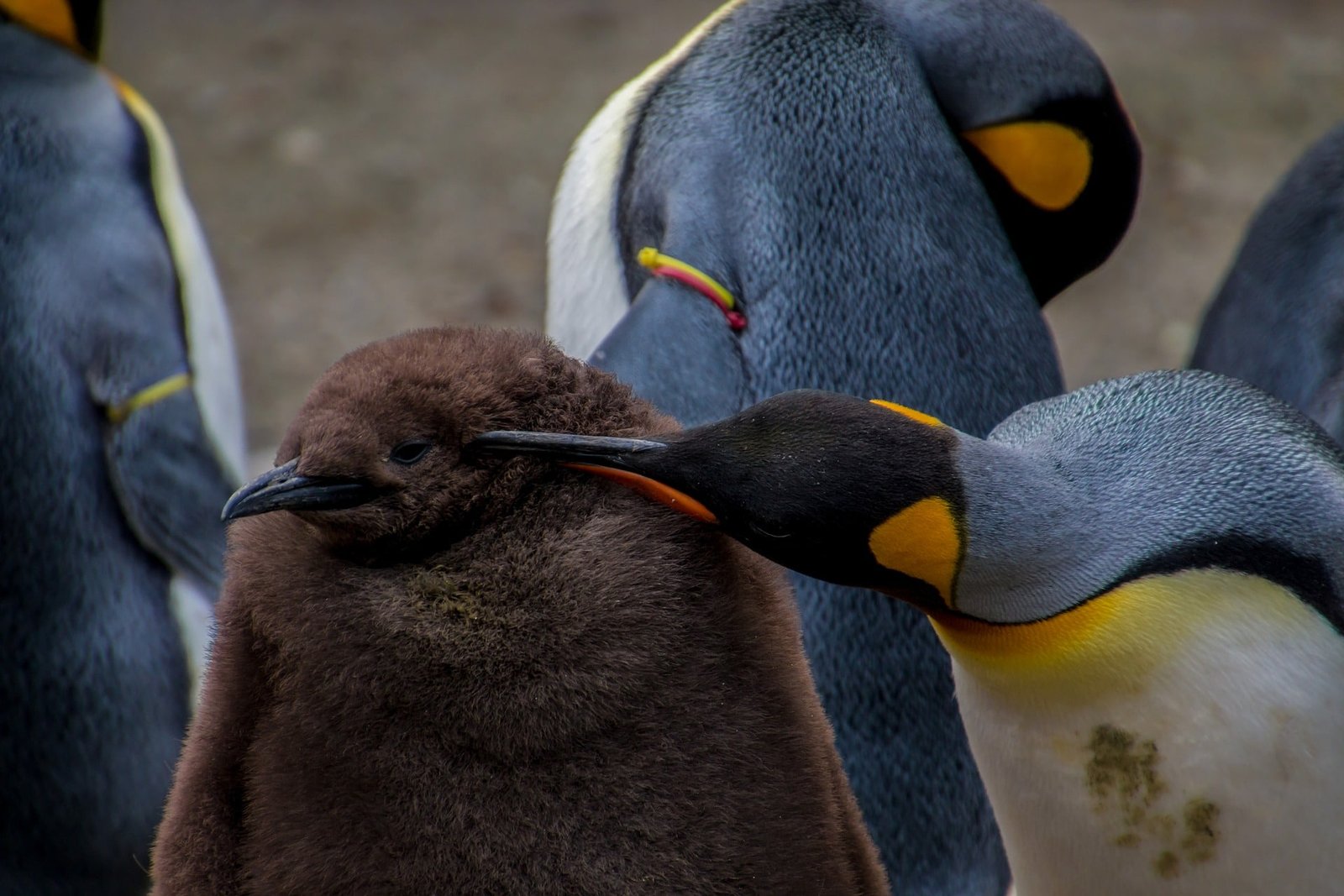If you go down to the library today you could be in for a big surprise. It might have passed you by, but for the past two years councils across the UK have been inviting drag performers to read stories to pre-school age children. To date there have been 50, reaching 8,000 kids. The stated aim of ‘Drag Queen Story Time,’ a phenomenon imported from the US, is to give ‘children a glamorous, positive, and unabashedly queer role model.’
A particular event planned in Taunton next month has provoked a fierce reaction, with the likes of professionally outraged Anne Widdecome making a radio appearance to condemn the activity. However, the framing of this debate as public servants committed to equality versus conservative frothing bible-bashers is disingenuous. In fact, those who’ve spearheaded the most recent protest have been feminists.
A risqué form of adult entertainment, drag was popularised in gay clubs. For many straight people drag queens are a semiotic shorthand for the whole LGBT community. Using drag as an introduction to diversity and LGBT culture is about as rational as considering pole dancers emblems of heterosexuals. For those of us who seek to be free of stereotypes, this is a somewhat offensive and reductive.
Louise Somerville of the group Women’s Voices Matter argues that drag queens in libraries is ‘inappropriate’ and that it does nothing to challenge the bullying that those who grow up to be LGBT are likely to experience:
“Many of us are mums, some of us are lesbians, and we don’t believe that Drag Queen Story Time challenges gender stereotyping or leads to greater understanding of LGBT people.
Play is an innate drive in children, material which resources their play and imagination comes from the world around them. Presenting young children with adult men dressed up as and behaving as hypersexualized parodies of women will impact on them.
We need better role models for our kids, for our boys to be taught that it’s ok to show emotion and for our girls that it’s ok to be ambitious.”
Women’s Voices Matter are following in the footsteps of their feminist and lesbian foremothers such as Professor Sheila Jeffreys, who has long critiqued drag as a fetishised parody of womanhood. Performers are traditionally divas who make a virtue of the labels that actual women do their best to shrug: they are often viciously bitchy, vain, attention-seeking and hypersexual. To some extent the freedom afforded to men who indulge in drag is enviable, it’s certainly behaviour that would have women booted from a stage rather than given a platform. Some women do perform as ‘Drag Kings,’ but in a culture where men are effectively ‘the default’ dressing as a man and doing a skit is at best a limp and awkward equivalent.
To present the only objections to Drag Queen Story Time as from the religious right is disingenuous and lazy. It is much easier to skirt over the fracture between feminists and mainstream LGBT organisations than it is to question how inviting drag queens into libraries benefits children or the communities they will grow into.
Section 28 cast a shadow throughout my own childhood; there were no books about same sex couples in my school library and the word ‘lesbian’ was a humiliating slur. I had no idea that bisexual people existed, and even less that one day I would grow up to be happily civil partnered. One thing I am as sure of now as I would’ve been then, is that inviting a man in a sparkly frock and heavy make-up into my local library would not have stopped homophobia and nor would it have expanded my understanding of life outside the heterosexual norm.
Presenting drag queens to pre-schoolers as an introduction to the LGBT community is wrong-headed and inappropriate. Drag Queen Story Time does nothing to remove the social stigma and shame of being same sex attracted. Introducing young children to drag queens, a highly sexualised export from the gay male club scene, can only serve to ghettoise and further marginalise LGBT people. Being accepted depends upon being seen as the same as straight people, not as a clique of sparkle-clad divas. The Drag Queen Story Time debacle is a tale for our age, of misguided adults using children to signal their open-mindedness.







Posted by Jess
9 January, 2019 at 8:59 pm
You do have to wonder how this makes girls feel to see their sex reduced once again to offensive, sexist steretypes.
Excellent! Clear and level-headed, you have pinpointed objectionable aspects of this lazy substitute for real tolerance.
Posted by Jan
8 January, 2019 at 3:51 pm
Someone needs to update their understanding of drag